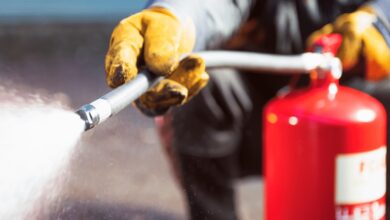4 Facts To Know About a Factory Cleanroom

Many factories may have a cleanroom. This area is designated as a safety zone, free of contaminants. When companies produce certain products such as medicines or electronics, they need to be sure that they are built-in rooms free of dust and allergens. Strict controls are used to maintain validity. Why is this important? Why should these rooms be used? Here are five facts about the importance of cleanrooms.
1. It Helps Keep Company Promises
Companies may make promises about their items being free of allergens. This data is important to ensure customer safety and avoid cross-contamination. The cleanroom remains free of things that could harm the product or interfere with the client’s use.
2. It May Be Strictly Controlled
The room is often temperature regulated to safeguard the product’s integrity. In addition, the air is filtered heavily to draw out things that could interfere with the creation. For instance, HEPA filters are often used that remove dust, bacteria and pathogens. Contamination is then pushed outside and not recirculated back into the room.
3. It Is Fairly Common in Factory Settings
It’s not just the medical field that relies on a cleanroom. In fact, many industries desire a space that is considered safe for production. Along with pharmaceuticals, military applications, contact lens design, and electrical part companies may all rely on these zones.
4. It Is Actually Cleaned
Professionals test the rooms to check their authenticity. Businesses may require bio-safety cabinet testing to check to see if the protocols are working up to their standards. If they aren’t they know to recalibrate and fix any issues.
Cleanrooms are a widely accepted space used by businesses to maintain the validity of their products. It is closely watched and controlled to ensure that outside factors don’t interfere with production. Make sure to check the air quality and inspect the premises regularly to ensure it is all working properly.











